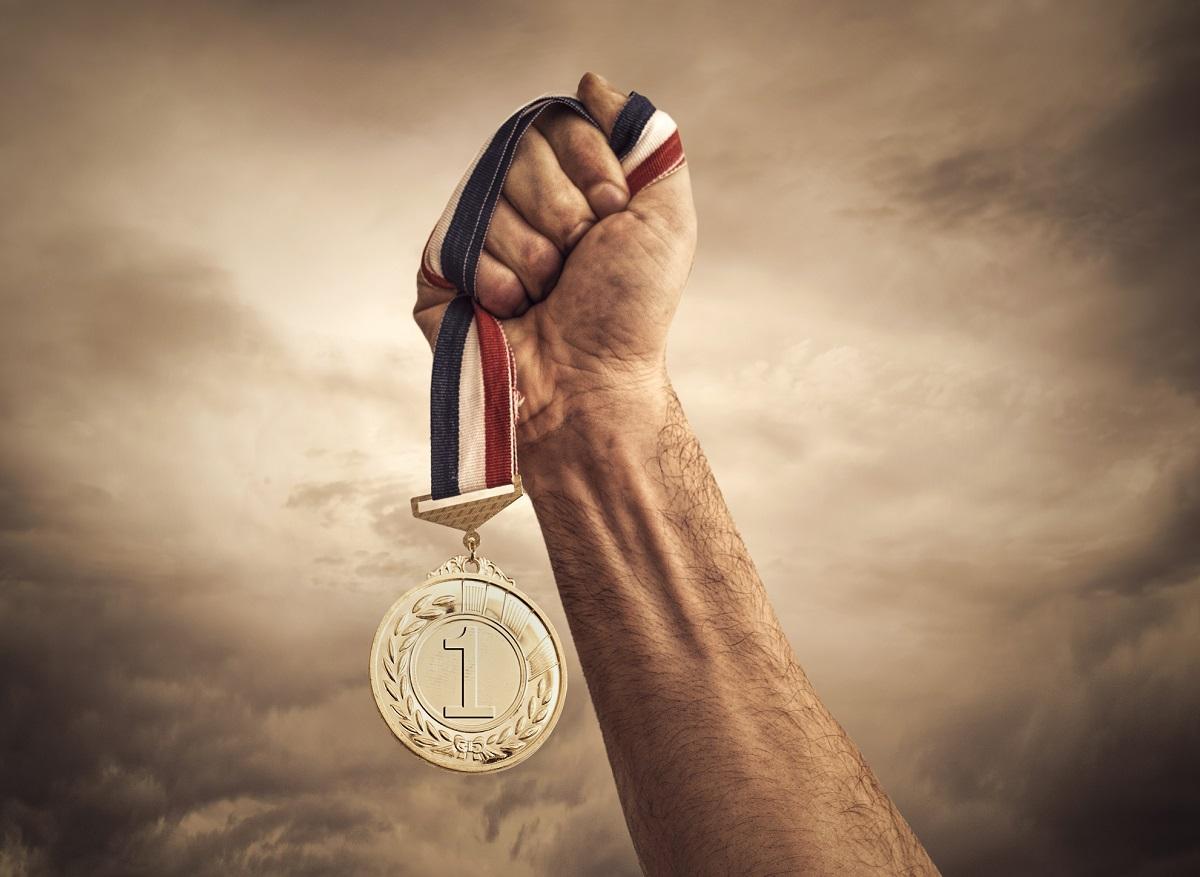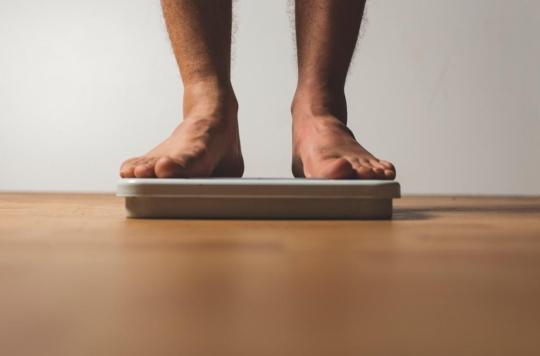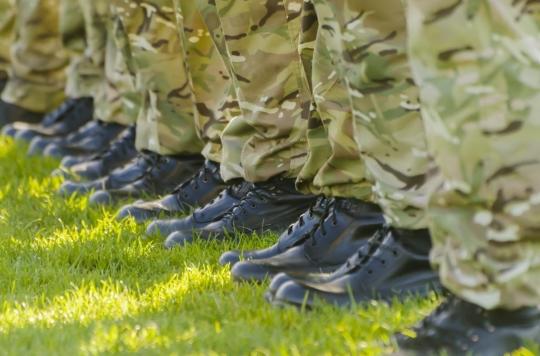INVESTIGATION – To improve or restore the performance of soldiers during high-risk missions, the armies can order the intake of stimulating substances. However, they try to avoid the emergence of doping behaviors among a population at risk.

Sometimes the sinews of war lie in a drug. A small white tablet, swallowed before an ultra-perilous mission. A molecule that makes it possible to remain on the alert for at least 48 hours, and to temporarily turn a soldier into a man with increased alert capacities.
As effective as amphetamine without all of its side effects, much less addictive than cocaine, Modafinil is intended primarily for patients with narcolepsy. At the forefront of its research, the French army quickly detected the immense potential of this psychostimulant which it prescribed to soldiers in the Gulf War in 1991. Its use has only been regulated since 2008 and instruction on “the use of substances modifying vigilance in operations”.
“Guys play their skin”
“We used Modafinil for punching operations in a situation of total isolation, where maintaining wakefulness is essential – the destruction of a site or a character, the release of a hostage…, specifies Xavier Bigard, former director of the French Armed Forces Biomedical Research Institute (Irba). Typically that kind of situation where guys are playing their game ”. And where ethical considerations inevitably take a back seat. “The objective of the armies is to keep its soldiers in good health,” insists Marion Trousselard, chief physician and researcher in neurophysiology of stress. But if they have to parachute over Taliban territory, frankly, we do not ask the question! “
Difficult, in fact, to compare military doping to that practiced in sport when the objective is survival. In war, all means are permitted and competition is sometimes fierce. If drug molecules remain the prerogative of wealthy armies, certain extremist groups do not hesitate to resort to powerful stimulants. Rumors are circulating about Daesh, whose fighters use Captagon, an amphetamine with hallucinatory properties, as well as anabolic steroids to develop the muscle mass of their fighters. A typical situation which generates an “asymmetric war context”, as Xavier Bigard emphasizes.
The French armies are not the only ones to use substances to improve the performance of their soldiers, far from it. In the United States, amphetamine continues to be used by pilots. Nicknamed “go-pills”, they are particularly consumed by Air Force GIs. In 2003, a trial was held against two American pilots who mistakenly bombed an Allied base, killing four people. At the time, the defense cited these amphetamines as the origin of the error in judgment, while claiming to have been forced by the institution to ingest them.
The Israeli army, among other things, uses caffeinated chewing gum called “Stay Alert”. Developed by American laboratories, the gum diffuses the psychostimulant substance in prolonged release. Compared to capsules, it has the advantage of chewing, an activity that helps limit drowsiness. As for the African armies, they make more use of natural pharmacopoeia. In fact, all armed groups appeal to pharmacological aid, more or less officially.
Caffeine in pill
But in reality, Modafinil is used less and less by the French military. If it was consumed in Afghanistan and still supplies the emergency kit for soldiers in high-risk operations, now it is gradually being replaced by another molecule: Extended Release Caffeine (LP). This espresso concentrate in dosage form of 300mg was developed for exclusively military use by the Central Pharmacy of the Armed Forces, and used for the first time by pilots of Operation Harmattan in Libya, in 2011. At the time, the Rafales were out to bomb the Libyan bases. Flights last an average of eight hours and run seven days a week, day and night.
Suffice to say that fatigue is not an option. The effects of Caffeine LP are less potent, but relatively similar to those of Modafinil taken in low doses. A capsule allows “the maintenance of vigilance, cognitive performance, and a feeling of well-being during sleep deprivation ranging from 34 to 64 hours”, can we read in a study conducted by military doctors on the operation Serval (Mali) where a quarter of the flight personnel at N’Djamena air base (Chad) ingested it, i.e. 27 people.
But even the soldiers have to sleep. Except that under psychostimulant, in the middle of the day, in the heat and the stress, difficult to find the sleep. The use of hypnotics – Zopiclone or Zolpidem – can be useful. “Of course, we don’t really restore sleep cycles,” says Marion Trousselard. It is a matter of making them sleep a few hours before leaving ”.
“Apprentice sorcerers”?
But as necessary as it is, this mastery of the sleep-wake cycles with the use of molecules outside Marketing Authorization is not without its problems. In France, Modafinil has seen its prescription restricted to severe sleep disorders due, in particular, to the emergence of psychotic and manic symptoms. The side effects of Caffeine with LP reported by the military range from tachycardia to feelings of anxiety, although they are quite rare.
“It is sure that we play a little sorcerer’s apprentice, comments Sylvie Royant-Parola, psychiatrist specializing in sleep. Sleeping pills induce light sleep that is not very restorative. The vigilance observed when taking psychostimulants is not part of normal performance. If the use of these molecules is repeated too much, at best we undermine the natural function of sleep, at worst, this leads to serious side effects ”.
According to doctors from the Army Health Service (SSA), this risk is indeed taken into account. The use of these molecules would never exceed 48 hours and would be very punctual. Marion Trousselard even speaks of an “epiphenomenon” which concerns few soldiers, but nevertheless raises questions since the perception of the risks under psychostimulants can be modified and the time spent in mission lengthened. “However, tests show that Modafinil does not really lead to errors in the interpretation of information, compared to amphetamines”, nuance Xavier Bigard.
Fortune observations
In fact, if clinical studies have been carried out on these molecules, the military pharmacopoeia is an empirical science – in the first uses, in any case. In Afghanistan, after the Uzbin ambush which in 2008 claimed the lives of ten French soldiers, the soldiers remained traumatized and in a state of acute stress. “We had to take care of them to avoid post-traumatic syndromes,” says Marion Trousselard. But there is no treatment for this, and even less in the bush! They were given a few drops of Lopaxine and it worked very well. These are makeshift observations that allow us to refine the military pharmacopoeia ”. A trial is underway for military use of this antipsychotic drug, used in the treatment of schizophrenia.
The other issue raised concerns the informed consent of the military. Medical units are required to collect it and a soldier can refuse to take a molecule. But in reality, few risk it. “In a group of ten people that we plan to send far, can we take the responsibility that one member falls asleep and is a burden for the other nine? “Asks Xavier Bigard. However, there are tips that allow them to avoid taking if they wish. “They are told that if they are not able to refuse, they can always discard it discreetly,” explains Marion Trousselard. They should not be forced if it does not correspond to their values, at the risk of developing states of stress. “
Moreover, like the rest of society, the armies are trying to make more use of non-drug methods. Ultimately, a meditation session could well replace hypnotics; auriculotherapy would complement the morphine of the injured. “But that requires regular training and personal investment,” emphasizes Marion Trousselard. And probably a few years before these methods replaced molecules.
Read the rest of our survey:
Food supplements: better armed, more muscular soldiers
.














